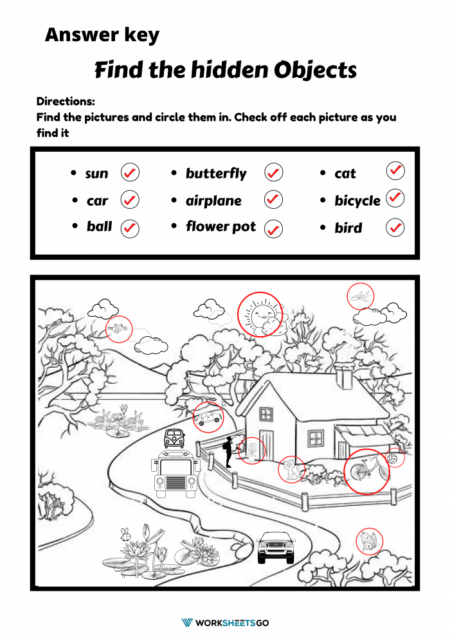7 Tips for Understanding Your Pay Stub Easily

Understanding your pay stub is crucial for managing your finances effectively, ensuring you're paid correctly, and keeping track of important deductions. Whether you've recently started a new job or simply want to ensure you're not missing out on any benefits, here are seven tips to help you interpret your pay stub with ease:
1. Know the Basics of Your Pay Stub


- Gross Pay: This is the total amount you earn before any deductions are taken out.
- Net Pay: The amount you take home after all deductions.
- Regular Pay: Your earnings for the hours worked at your regular rate.
- Overtime Pay: Pay for any hours worked over your standard hours, often at a higher rate.
2. Recognize Deductions and Taxes

- Federal Income Tax: The tax withheld from your earnings based on your tax bracket.
- State and Local Taxes: Depending on where you live, these taxes might be applicable.
- Social Security and Medicare: Also known as FICA taxes, these are for retirement and health benefits.
- Health Insurance, Retirement Plans, etc.: Any voluntary or employer-provided benefits you contribute to or pay for.
📝 Note: Understanding how these deductions are calculated can help you better manage your tax withholdings and benefits contributions.
3. Check for Year-to-Date Totals

Your pay stub usually includes year-to-date (YTD) figures for your earnings, deductions, and withholdings. This is crucial for:
- Planning your finances for the year.
- Ensuring your W-2 form at year-end matches these totals.
4. Understanding Pre-Tax and Post-Tax Deductions

- Pre-Tax Deductions: These reduce your taxable income before taxes are calculated, like health insurance or 401(k) contributions.
- Post-Tax Deductions: Deductions that are taken out after taxes, such as certain types of insurance or union dues.
5. Pay Attention to Pay Rate and Hours Worked

Your pay stub should clearly show your:
| Item | Description |
|---|---|
| Pay Rate | The hourly rate, weekly salary, or other payment terms you agreed upon with your employer. |
| Hours Worked | The exact hours for which you are being paid, including regular and overtime hours. |

🔍 Note: If these numbers do not match your records, consider discussing discrepancies with HR or payroll.
6. Review Benefits and Other Earnings

Check for:
- Employer-matched contributions to retirement plans.
- Holiday or vacation pay, bonuses, or commission.
- Health savings account (HSA) contributions or reimbursements.
7. Keep Track of Changes

Always review your pay stub for changes:
- Adjustments in tax withholdings.
- Changes in benefits or contributions.
- Corrections or retroactive pay.
Being aware of these changes helps in understanding your financial trajectory.
Understanding your pay stub can seem daunting at first, but with these tips, you'll be better equipped to read through it confidently. Knowing how much you've earned, what deductions were taken out, and how your benefits are calculated empowers you to manage your finances better. Remember to check your pay stub regularly, especially when you have changes in employment, benefits, or tax situations. This practice ensures you're always on top of your earnings and deductions, helping to avoid any unpleasant surprises come tax time.
What should I do if there are discrepancies on my pay stub?

+
Contact your HR or payroll department immediately to review and correct any errors. Keep records of your hours worked and any agreements made with your employer to support your claim.
Can I change my tax withholdings?

+
Yes, by filling out a new W-4 form with your employer. This changes how much tax is withheld from your paycheck.
What are common pre-tax deductions?

+
Common pre-tax deductions include health insurance premiums, contributions to retirement plans like a 401(k), certain life insurance premiums, and contributions to flexible spending accounts (FSAs).



